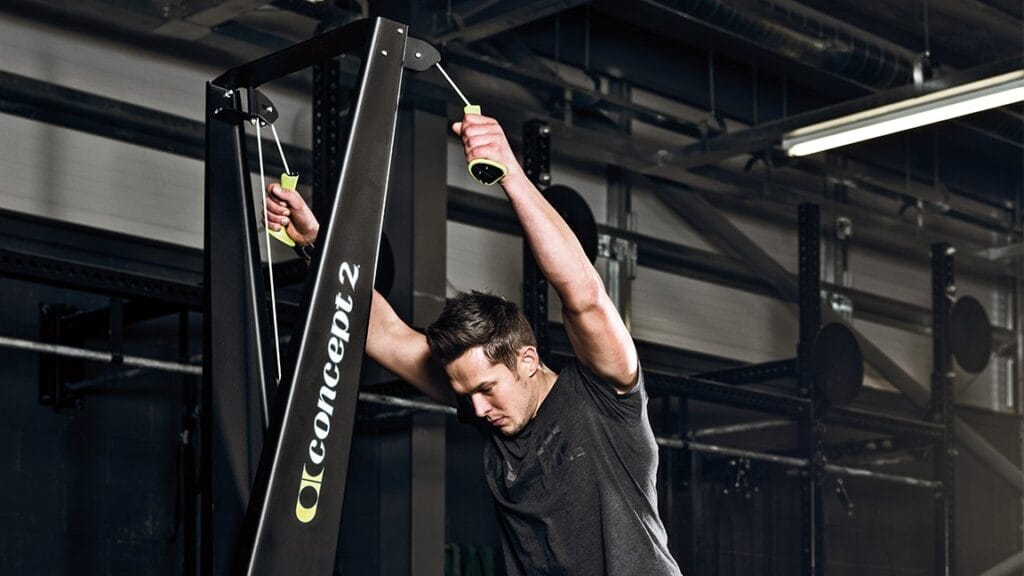More is not always better (better is better!) – are you prioritising quantity over quality?
It gets drilled into us on social media, we’re sure you’ve all seen it before… ‘The grind’. Particularly when it comes to the fitness industry.
Do more.
Suffer, “No pain, no gain”.
More is always better!
No days off.
Why do one session when you can do two? You’ve probably seen the ‘fitness influencer’ who brags about their second ‘HIIT’ session for the day (which is almost never actually true HIIT – more to come on that soon!).
In this three part series of why you might be training ineffectively, today’s blog is going to talk about rest.
The first reason you might be training ineffectively is because you don’t rest. Ever.
It’s not in your vocabulary. You fall into the category of doing too much volume but none of it is at a high enough quality/intensity to warrant any decent adaptations.
Quality strength/conditioning work at high intensity requires sufficient recovery, or else you’re going to burn out or break. So you’re either not needing to rest because you’re not doing enough hard, quality work, or you are ‘all work and no rest’ and on the road to your own burnout demise.
In order to be able to repeat an effort with high intensity we need to recover our energy stores (phosphocreatine – or PCr – resynthesis for the nerds out there). This is particularly true with strength/speed work or anaerobic work.
If we are not recovered enough, we cannot repeat the same intensity and thus the quality of exercise can drop pretty rapidly.
“As a fall in the level of PCr appears to adversely affect muscle contraction, and therefore power output in a subsequent bout, maximising the rate of PCr resynthesis during a brief recovery period will be of benefit to an athlete involved in activities which demand intermittent exercise.” (Jenkins & McMahon, 2012)
Research in the last two decades suggests that high intensity training can yield a greater stimulus/adaptation in strength and cardiac fitness when compared to low intensity exercise in (Ole et al, 2009).
If you’ve ever tried to repeat high intensity work back to back to back with little to no rest, you’ll know that the numbers drop very quickly and it ends up turning into pretty low intensity work soon.
Also, you’re just tired as hell now. (So we’re just getting better at suffering rather than creating adaptations)
So, the main takeaway for today: If you aren’t seeing any progress in your strength/fitness/health, make sure you aren’t making the mistake of not recovering (whether that’s between sets or between sessions).
Rest is almost as important as the training itself, so don’t neglect it!
#Trainsmarter

